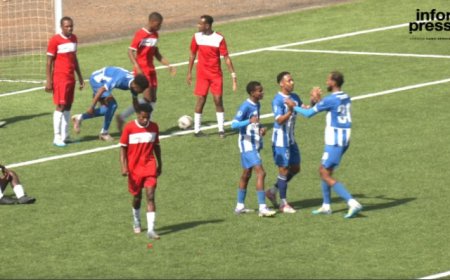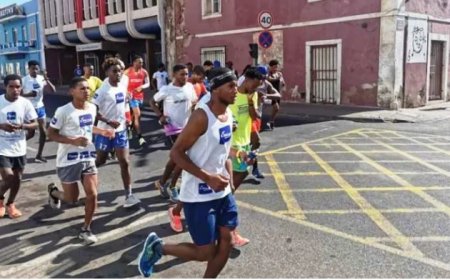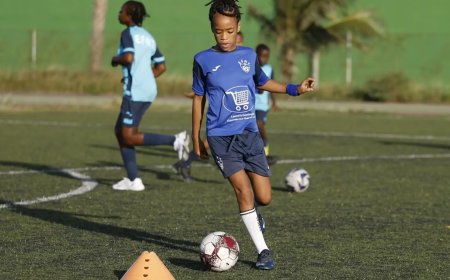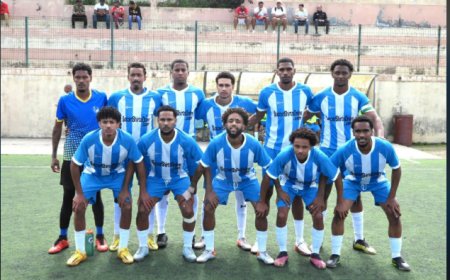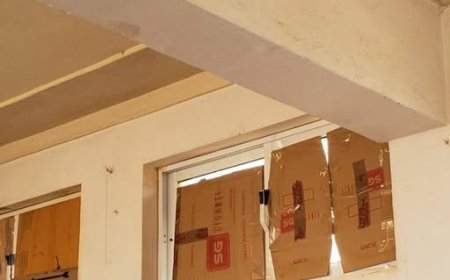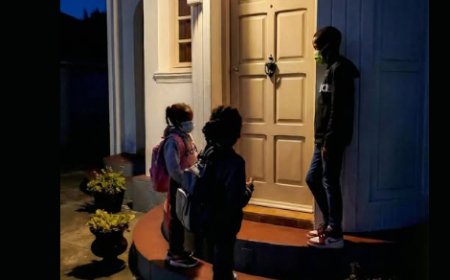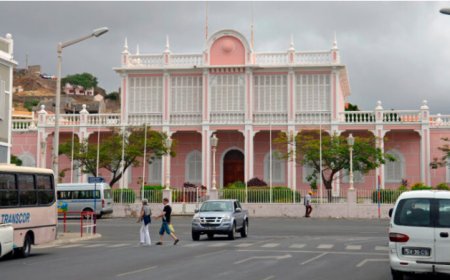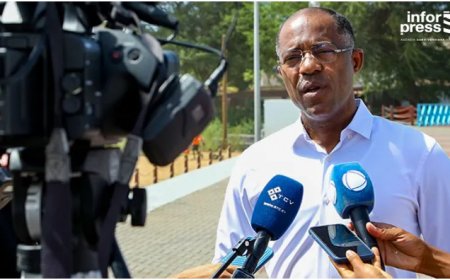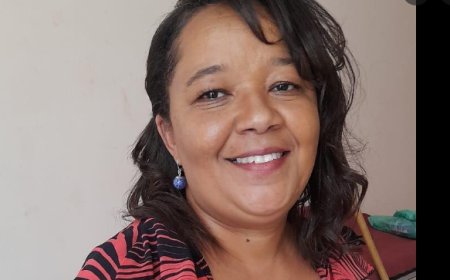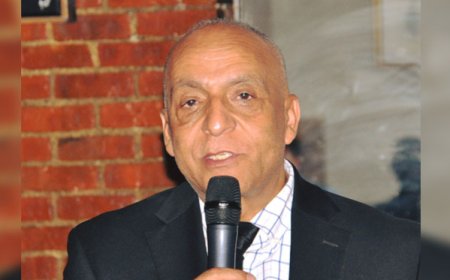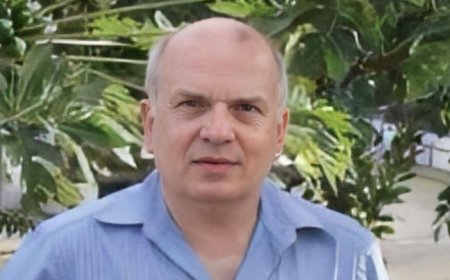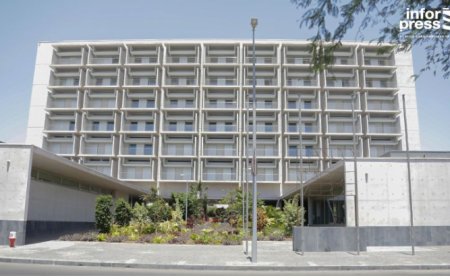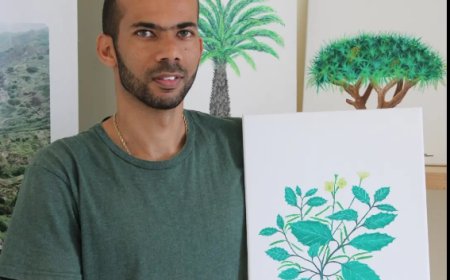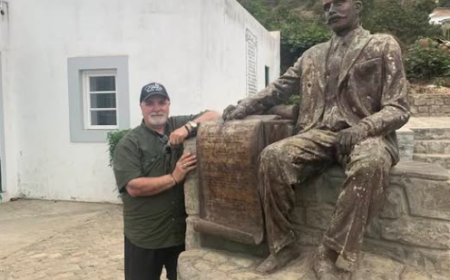Jack Pina. He doesn't live on music, but he doesn't live without music
Emigrant, musician, composer, music producer, entrepreneur of the famous Ligafrica store, located in Pawtucket, state of Rhode Island, Jack Pina is a true Cape Verdean, carries the islands of Cape Verde in his heart, soul, lyrics and melodies of dozens of songs in which his romantic vein stands out amidst the accent and chords of his native Brava, the island where he was born and where he began to rehearse his first sounds, driven by his older brother, Fernando Brito Pina (Fefei) .
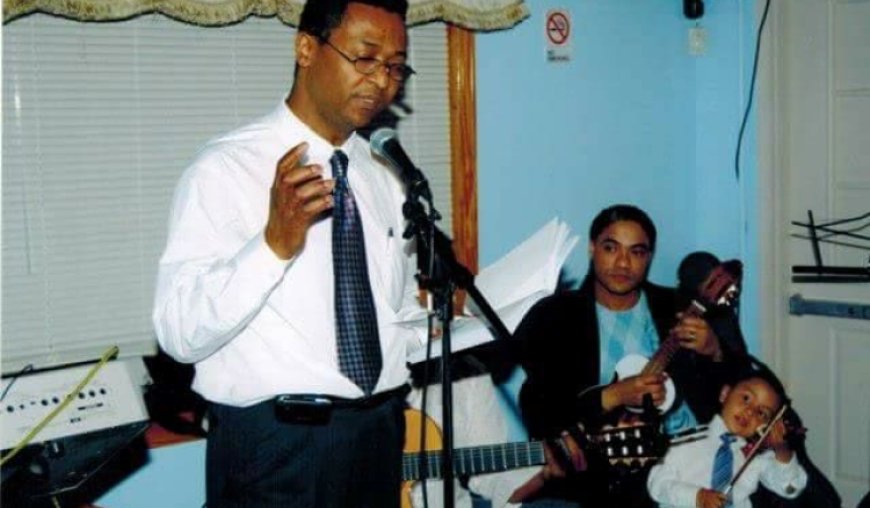
A very extroverted man, dark-skinned, with brown eyes, a wide smile and open arms to those who seek him out, whether for a chat, to acquire local products, music, literature, or for advice and guidance, Jack Pina is always there. available in his store, Ligafrica, located in the city of Pawtucket, United States of America, if he weren't an affable islander, a friend of his own, sensitive to the demands of others, and a human being experienced in his travels around the world.
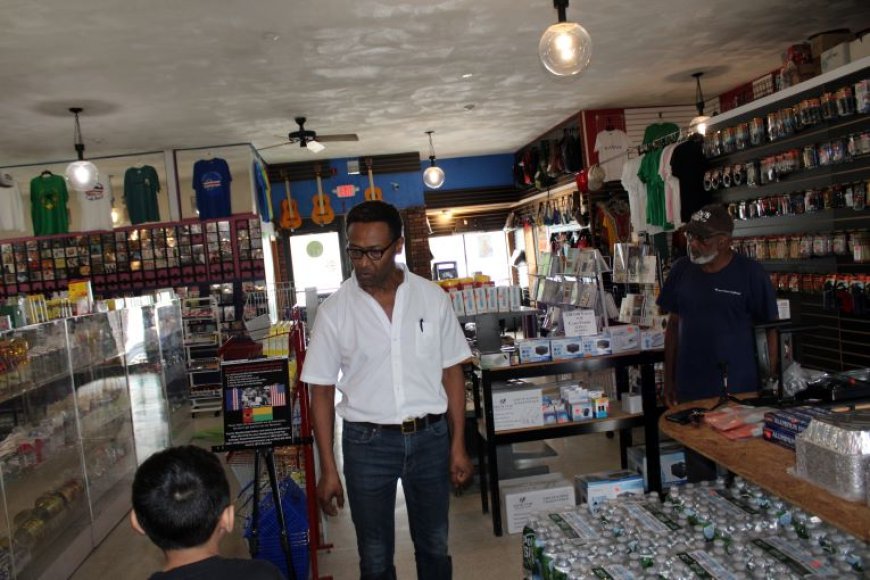
Fate made him an emigrant at a very young age. Even a minor, just 16 years old, still in the care of his older brother, he arrived in Lisbon, and Algarve, to join Fefei, in 1973. Like every Cape Verdean worthy of the name, Jack Pina took with him an intense nostalgia for his native Brava and all the social and cultural ingredients that had forged him as a social being, the result of a set of habits, customs and ways of being and feeling about life, society, people, the world.
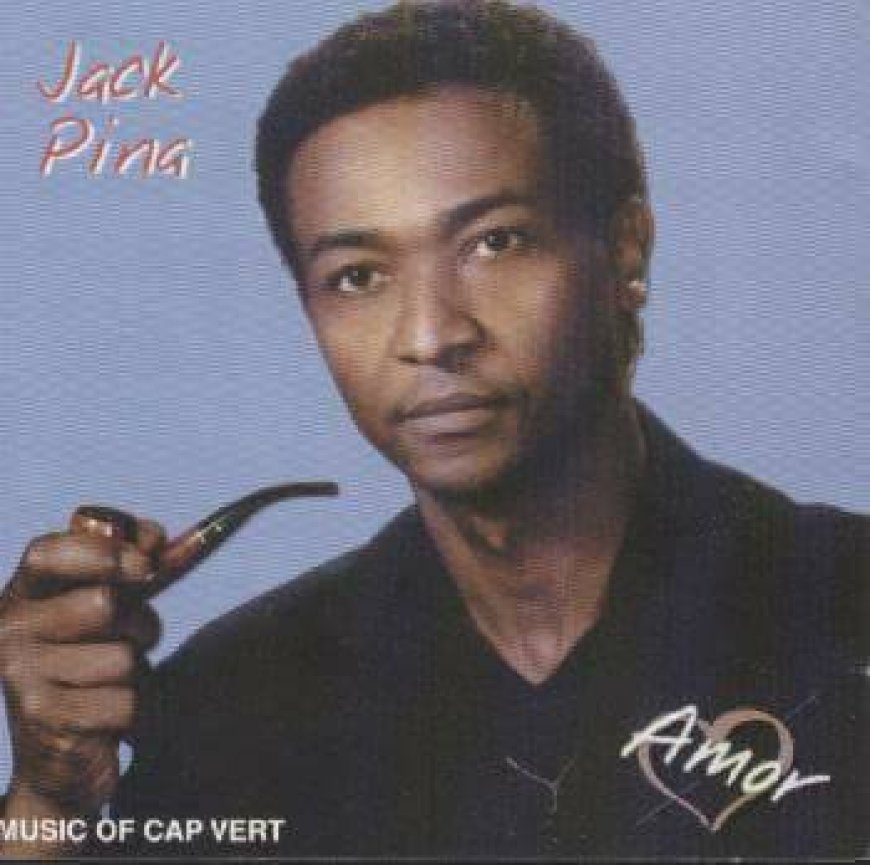
In Portugal, young Jack overcame the obstacles of his young age and the unknown, and became a man of work, as a shunting driver for the Somague company, while at the same time cultivating leisure and music.
“When I arrived in Portugal, my brother got me a job around Monchique”, he recalls smiling, “with the job of pulling nails out of wood”. As a small boy, he was unable to do heavy construction work, although shortly afterwards he was forced to work as a bricklayer's assistant for a few months, still in Caldas de Monchique.
Already in Loule, at Somague, Jack receives instructions for heavy machinery operators, training that he improved in the United States, specifically at NETTTS SCHOOL where he would acquire another license and diploma in the field of Maneuvering Machines.
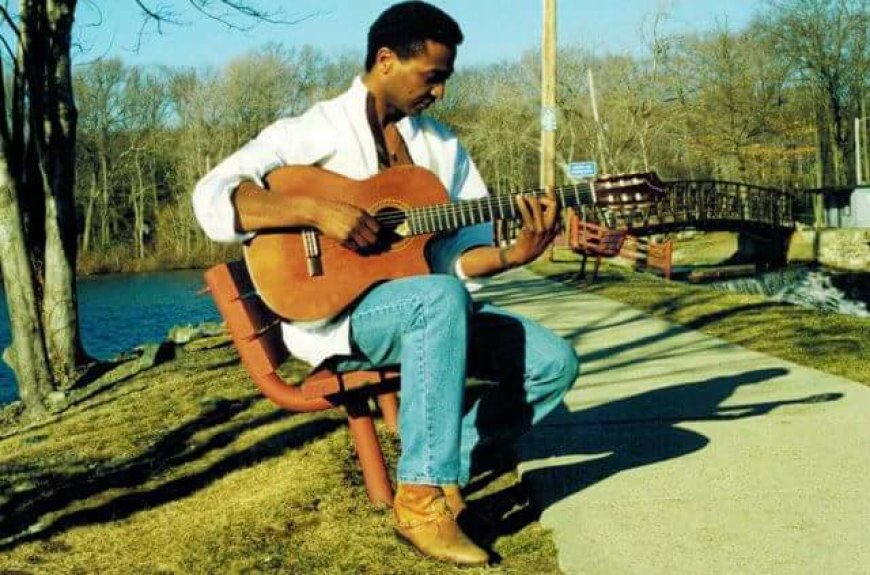
Always curious and focused on what he was doing, studying and taking English classes at night schools in Lisbon and the United States – Jack is a living testament to how will controls destiny and success.
And it is because of his personality that one fine day he found himself promoted to machine operator in Portugal. By mere chance. At the construction site where he was a servant, Jack always observed how the cranes that sent the cement mortars to the builders working on the floors above were maneuvered. The maneuverer, attentive to his interest, showed him how it worked.
One day, the person in charge who was doing that work was absent, and with the work about to come to a halt due to the absence of someone to operate the crane, Jack was ready to solve the problem, with the keys in his hands he climbed onto the machine and started it. mortar shipping maneuvers and work continued without major incidents. The person in charge of the work, upon realizing the news, ordered Jack to enroll in a training school for machine maneuvering drivers, as a professional he was transferred to the then Cuf to build a chimney one hundred meters high, which was followed by the Gulbenkian headquarters and the Bank of Portugal, and thus, he went from servant to professional maneuverer, a role he continued to perform until he traveled to the United States of America in 1978.

A man of culture, very young and enchanted by Lisbon's nightlife, Jack hit the road, working, studying, playing and writing songs.
In fact, it was in Lisbon that he began to approach music with more respect and enthusiasm. His first musical composition was in Lisbon, a warm song that he helped his brother compose. As he says, his brother had left a girlfriend in Brava, and as he missed him, he decided to write a message dedicated to his beloved. Jack helped his brother organize and edit the composition, but to this day this song remains unreleased. “I have to record it”, he admits, adding: “I consider it the first song I made”.
DOR DI CRETCHEU
If the pain of cretcheu killed you
Ami dja staba, dead
But god damn my heart
Pam suffers, Pam dies
See you tomorrow, come back
Little flower, they can tell you if you suffer
The same suffering is mine
Pamo mi is missing so dies
Oh yes, death is pain like cretcheu
Djabraba land of my mother and cretcheu
Naked you to the land of strangers
But I never forgot about our beloved land
(Fernando Brito Bina, 1974, Unpublished)
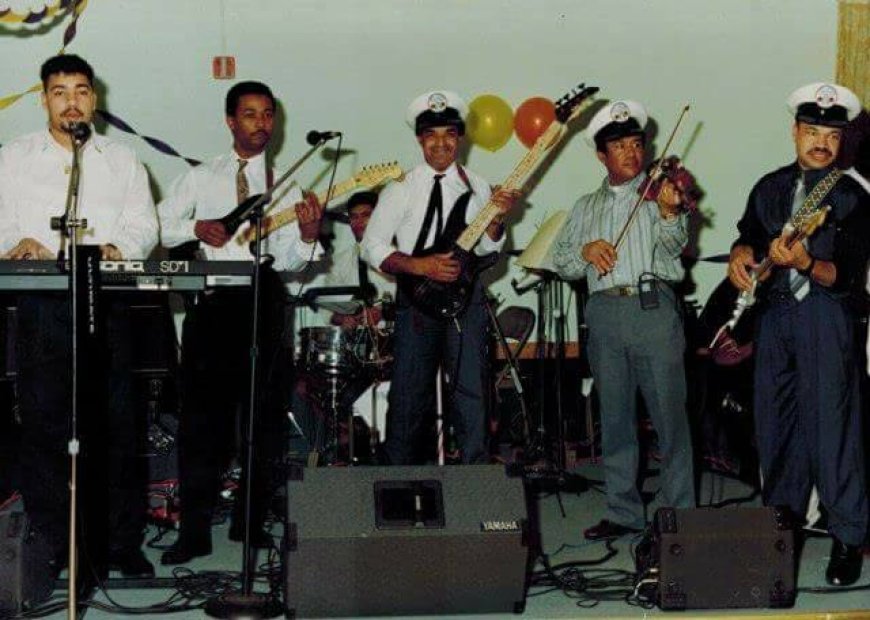
After that, several musical creations followed, lyrical and other romantic songs, inspired by Portuguese women, girls and women, whom the young man from Brava loved in his leisure time, were he not an inveterate romantic, eternally in love with skirts, the charms of women.
Music came into his life through his brother, Fefei. Jack was between 10 and 11 years old when his brother started encouraging him to pick up the cavaquinho, 12-string viola and violin. “I didn’t care about music, I spent my days running hoops and scooters, playing ball and doing other mischief typical of children of my time”, he recalls, nostalgic, with the whites of his eyes rolling, his brow furrowed. , as if wanting to travel to the distant Brava of the 60s and 70s of the last century.
Jack ran away from music, and didn't want to learn, just wanting to play, but his brother wouldn't give up, and it was like seeing our interviewee defeated, surrendering to his brother's orders, with the guitar on his chest strumming, choosing the strings and chords in discovering the best notes, in a simple tune between the fingers, the guitar strings and the ears, to see if things fit.
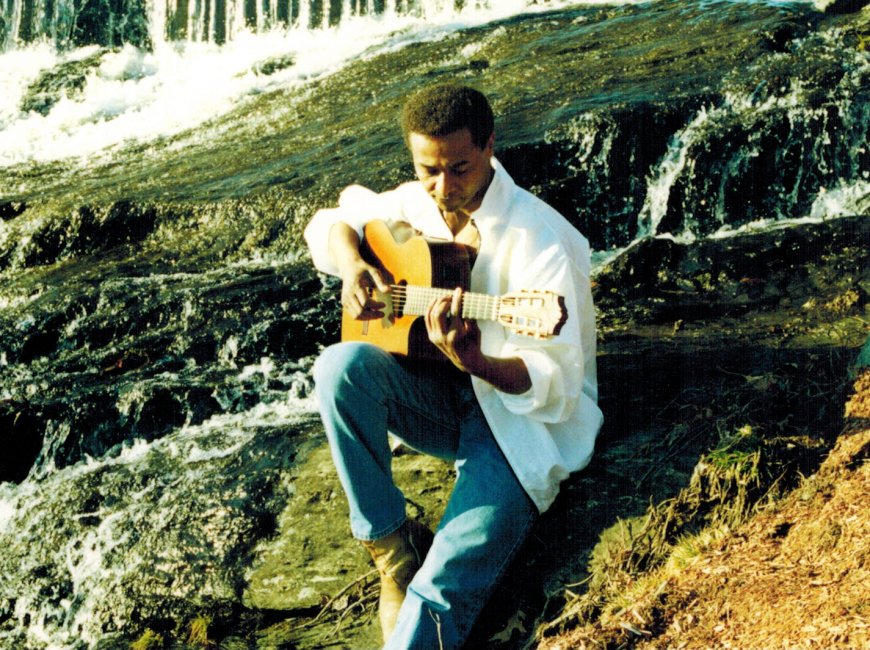
And it really fit, because Jack has a lot of capacity for music, a natural talent. With these first steps in music and a very fine ear to hear and understand sounds, chords and melodies, young Jack descends on Lisbon, the land that would open the doors for him to begin his journey in the world of music and which today has more than 5 decades.
With his brother Fefei, the diaspora appears among the main builders of Musician Jack. He himself recognizes this fact, when asked about the role of emigration in his formation and formatting as an artist and musician, he responds, with the simplicity that characterizes him, that “in Portugal I always wanted to have a Bass. As soon as I arrived in the United States I bought a bass guitar and went around playing.”
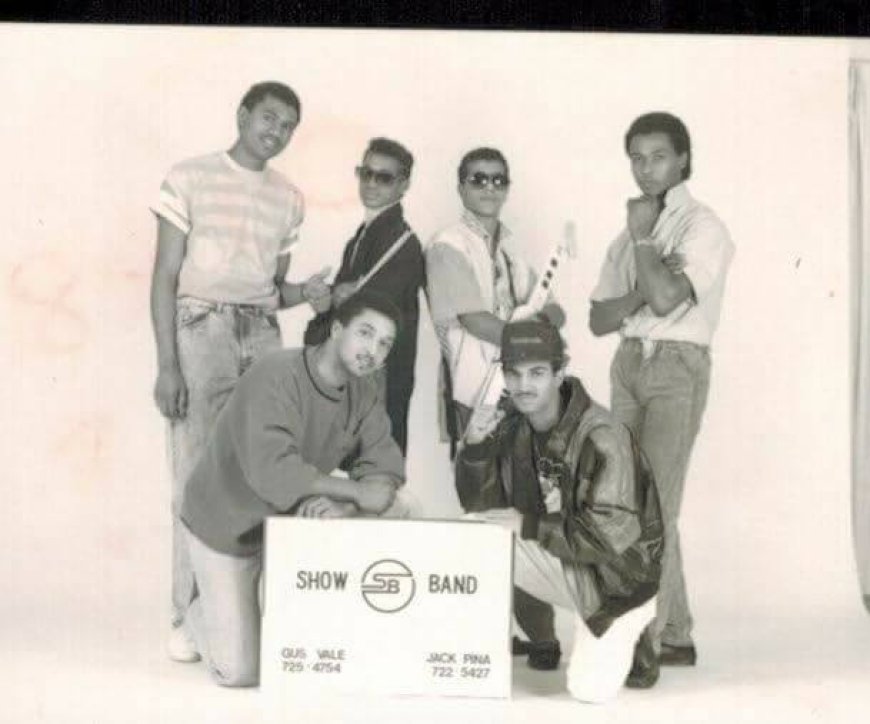
This answer says it all from a man who left Brava at just 16 years old and is now a successful musician, teacher, music producer, among other social and community activities that he carries out with the seriousness and determination that he naturally puts into everything he does. and do in life.
Already in his sixties, Jack is a man of his convictions and talks about everything a little when the topic is Cape Verde. He accepts that he would like to one day work in the areas of culture and environment, where he believes he can make a difference for the good of his land. “There is a lot that needs to be done in these two sectors”, he concludes, taking the situation of his home island, Brava, as a reflection of what is happening throughout the country.
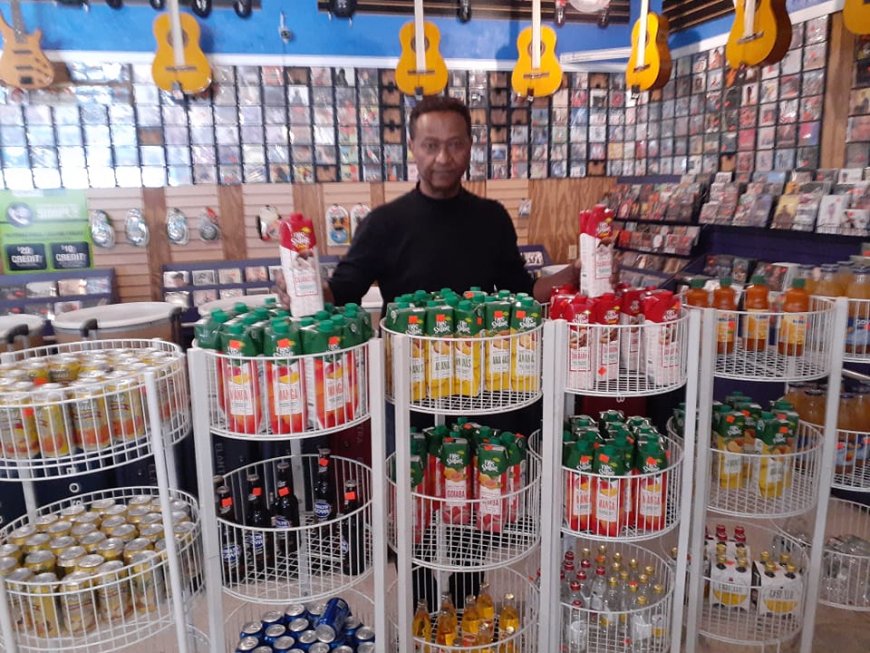
He states without hesitation that the State of Cape Verde does very little for the national culture sector. Consider that the Ministry of Culture only does it for themselves. “I am sad that my country, Cape Verde, does not know me and has never recognized me. All my life I have been involved in politics and culture, as a defender of our people, but to this day no one has said anything to me”, he notes with some sadness.
The author of “Morna é Rainha di DjaBraba, performed by Quirino do Canto, “Fidjo di Djabraba”, performed by Gardénia Benróz, “nós Casamento”, by Assol Garcia, and several other compositions performed in French, by the Caribbean singer, Misty Jean , John Delgado and others, navigates Cape Verdean music like fish in water. He plays many instruments, but the guitar is his greatest passion, because, he recognizes, it is the instrument that best helps him compose his songs.
He has worked with all musical genres in the archipelago, from morna to funaná, and considers that the new fusions and mixtures that Cape Verdean music is undergoing is something that has arrived, the country has used it and is enjoying it. “I think there are things to investigate and learn more,...I listen to everyone to know where I am, but they may not be of use to me”, he summarizes, somewhat indifferently.
His musical journey is recorded on six albums, but he is still active to make more recordings. “I have a lot of songs already on the record label, with good lyrics and melodies for the future, and which can be used for me or for others to record,” he informs boldly, and adds: “I also had the privilege of working with the poet and writer from Braga, ARTUR VIEIRA in three musical mornas. In addition to the recordings, Jack wants to record 50 compositions in a book whose edition is in preparation.
His journey in the world of music is extensive. He played with many great musicians from Cape Verde and abroad, recording his first CD with Lusafrica, in France.
Always averse to groups, this music producer would found the group “Os Íntimos”, and later SHOW BANDA, in addition to collaborating with several other musical groups, artists and composers individually.
He doesn't live off music, but he doesn't live without music. He argues that it is risky to make a living from music because of the small market. For this reason, he worked for an electrical cable production company, CAROL CABLE, for 18 years.
Here is the portrait of one who is a “self made men”, the living testimony of how will forges destiny and makes man, Jack de Pina, the romantic.
DIXA CRETCHEU IS A SIN
Dixa cretcheu is a sin
Spia to heaven but I'm sorry
Pidil pel ca condemno
Pa bu can against cu paradise
If it's dabo love
Pay ass love
Give the value
make bu flower
Well fram cuzé quim fazebo
Qi bu say my face to the sky
Someone who was mine is crying to you
Tchora sodade so di bó nha cretckeu
Abó is a unique flower
Oh, what a pink world
Pink roses in slow shade
Jack Pina 1983/2022





